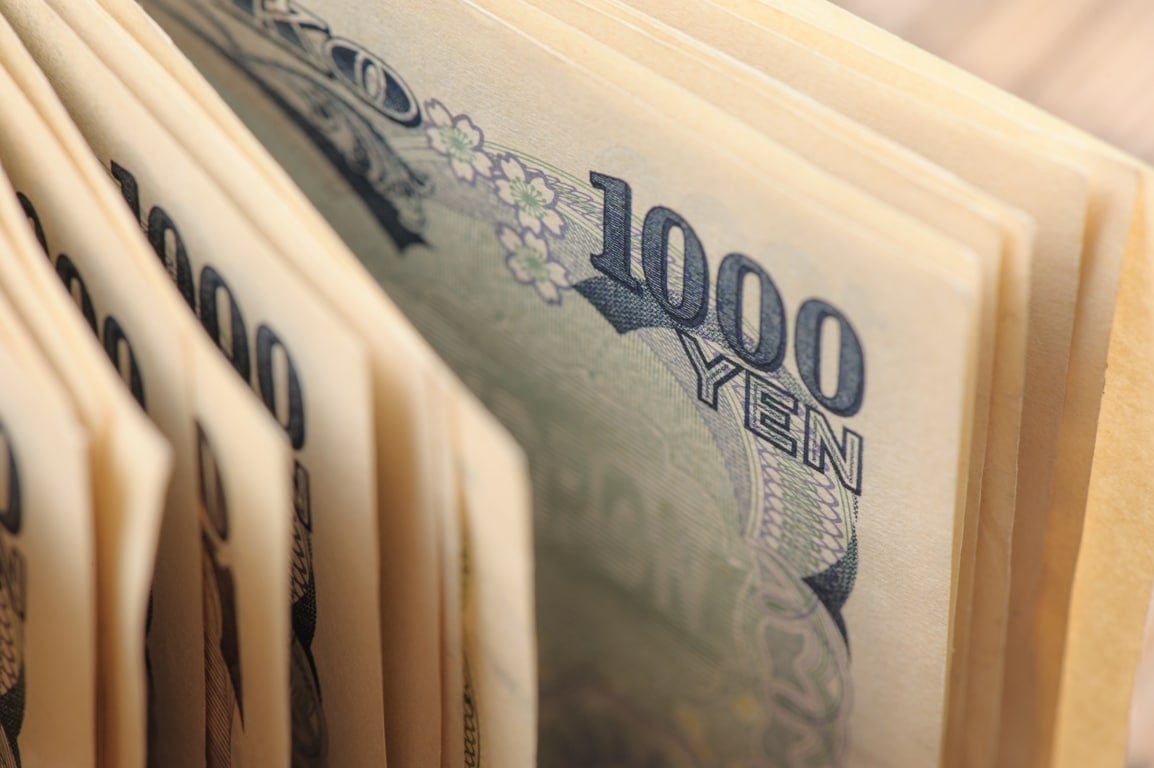The Yen Retraces Some Of Its Recent Gains
In an ever-globalizing world, international business transactions have become commonplace, and currency exchange plays a pivotal role in these dealings. The quest for the best yen exchange rate is a common endeavour among businesses engaged in trade with Japan. This article aims to provide insights into securing the optimal pound to yen exchange rate, understanding the yen to dollar and exploring the nuances of converting yen to euro.
Understanding the Yen Exchange Rate
The pound to yen exchange rate is a critical metric for businesses trading between the United Kingdom and Japan. This rate represents the value of one British pound sterling in the Japanese yen. To obtain the best exchange rate, companies need to monitor market conditions closely and identify favourable exchange rate trends.
On Tuesday, the yen experienced a decline following its most significant daily surge since mid-July, which had occurred the day before. The catalyst for this movement was remarks made by Japan’s top central banker regarding the potential conclusion of the negative interest rate policy, and the repercussions of these comments resonated throughout the financial markets.
Simultaneously, the dollar managed to recover from its recent losses, rebounding after registering its most substantial daily drop since July 13. Conversely, the pound faced a slight dip in value in response to mixed labour market data. The Bank of Japan (BOJ) Governor, Kazuo Ueda, shared insights in a weekend newspaper interview, suggesting that the bank might gather enough data by the end of the year to evaluate the possibility of ending the practice of negative interest rates. These remarks had an immediate impact, causing the yen to record its most significant daily gain against the dollar since July 12.
The greenback has declined as the yen recorded highs in October
Navigating the Yen to Dollar and Yen to Pounds Rates
The yen to dollar and yen to pounds exchange rates are essential for businesses conducting transactions with the United States and the United Kingdom, respectively. These rates determine the value of one Japanese yen in U.S. dollars or British pounds. Similar to the pound to yen exchange rate, these rates are subject to fluctuations influenced by various economic factors.
At the time, the Japanese currency was marginally down by 0.1%, trading at 146.71 per dollar. It had previously reached a one-week high of 145.91 in the prior trading session. Both the onshore and offshore yuan remained near their one-week peaks, with respective values of 7.2887 per dollar and 7.3058 per dollar. Despite these developments, experts like Cole emphasised that Japan still had a long way to go before meeting the criteria for sustainable 2% inflation. This suggests that these comments might not bring about substantial changes in the current economic landscape.
Additionally, employing risk management strategies, such as forward contracts or options, can help mitigate the potential negative effects of adverse exchange rate movements.
Impact of Interest Rate Disparities Between Japan and the United States
The yen’s performance against the dollar has been under considerable pressure lately due to growing interest rate disparities between Japan and the United States. This disparity has emerged as the Federal Reserve embarked on an aggressive rate-hike cycle last year, positioning itself in stark contrast to the BOJ, which continues to maintain a dovish stance in its monetary policies. This divergence in monetary approaches has played a pivotal role in the exchange rate dynamics between the yen and the dollar, with the yen experiencing notable fluctuations in response to developments on this front.
By staying informed about market dynamics, economic indicators, and geopolitical events, businesses can make informed decisions regarding currency conversion and maximise their profitability.
The post The Yen Retraces Some Of Its Recent Gains appeared first on FinanceBrokerage.

